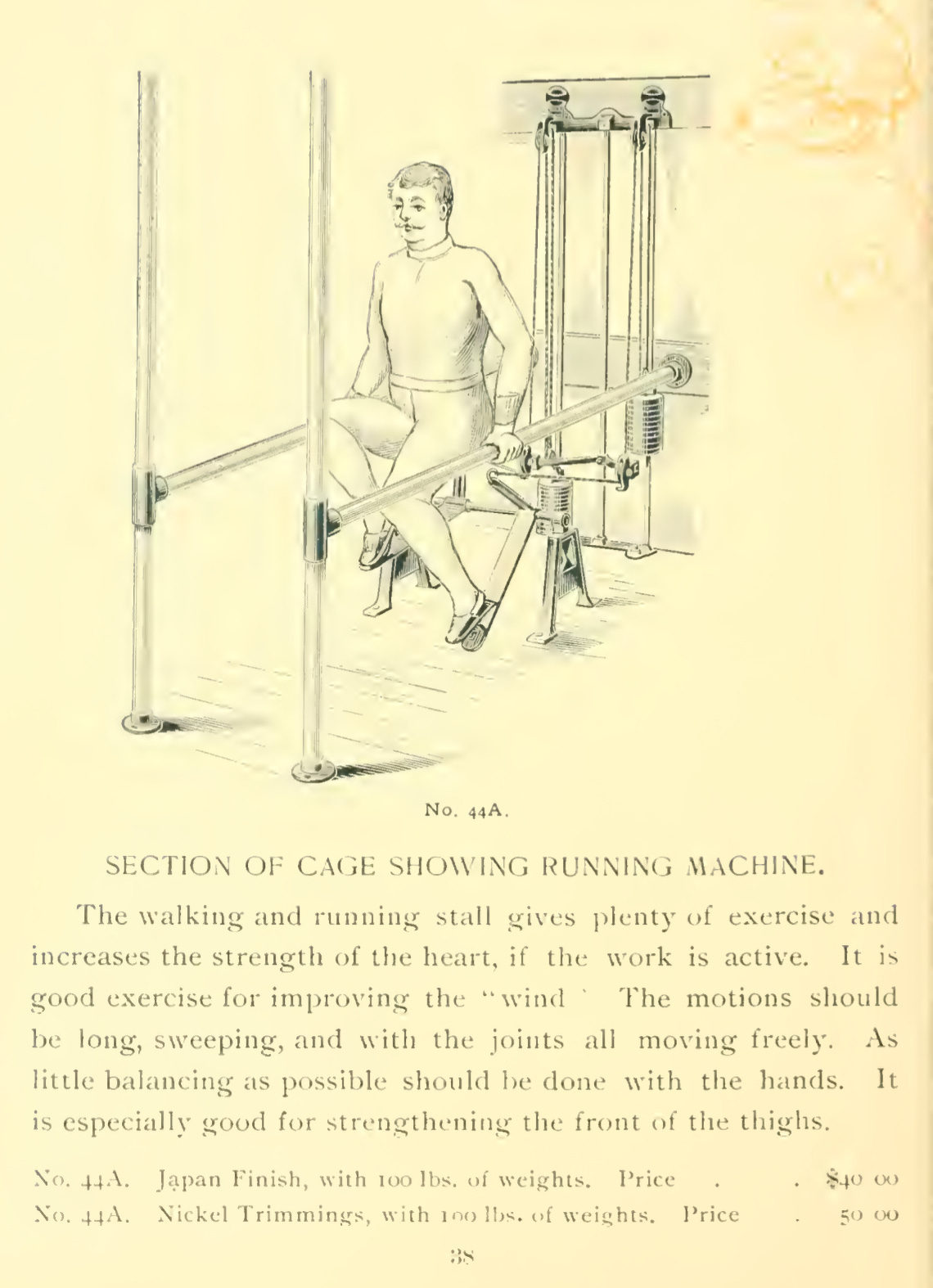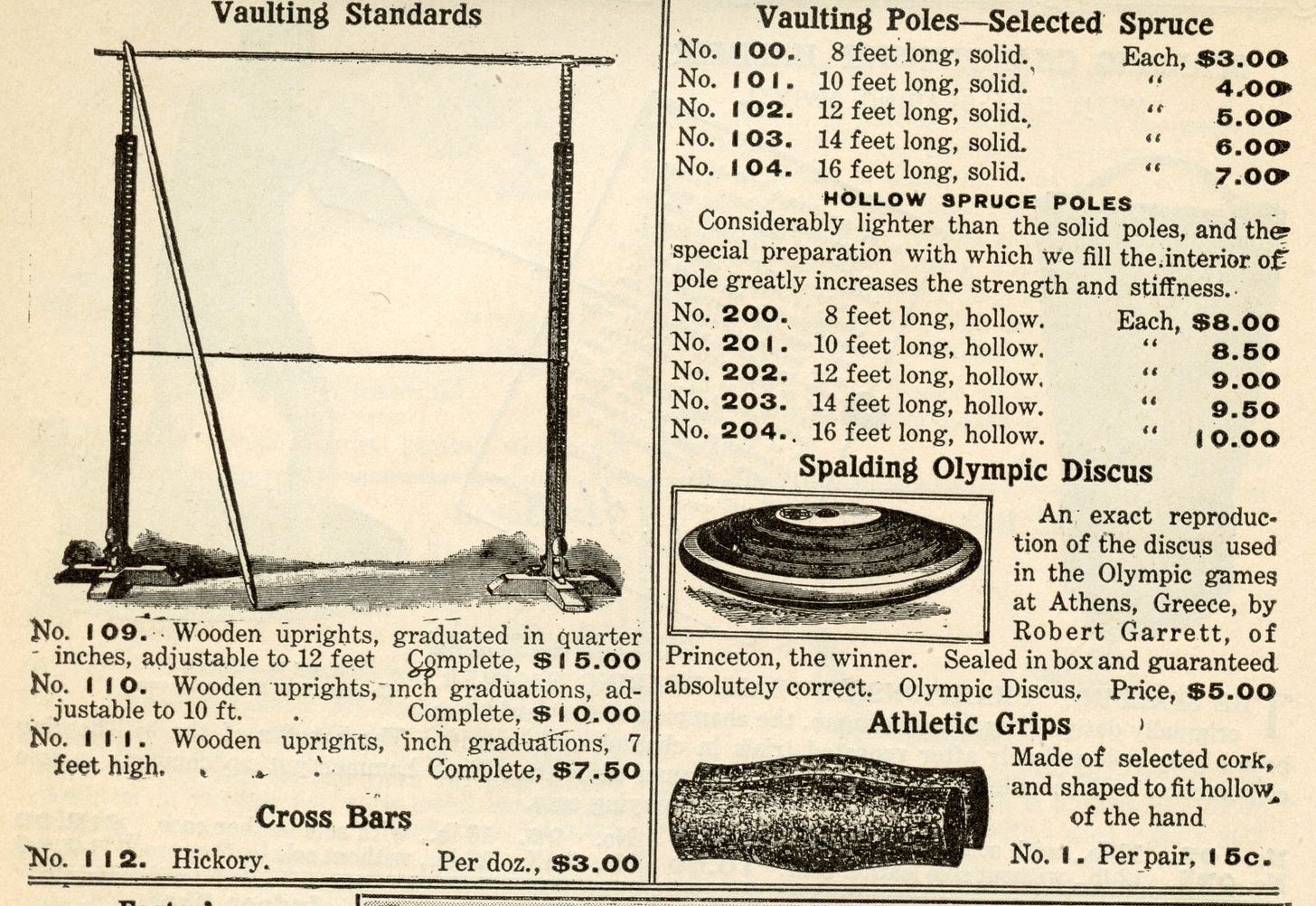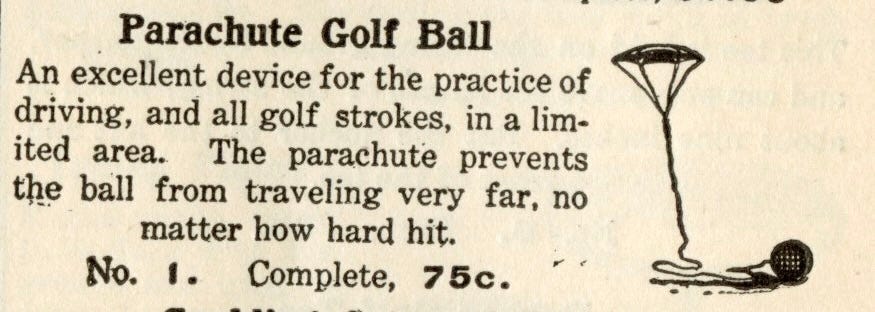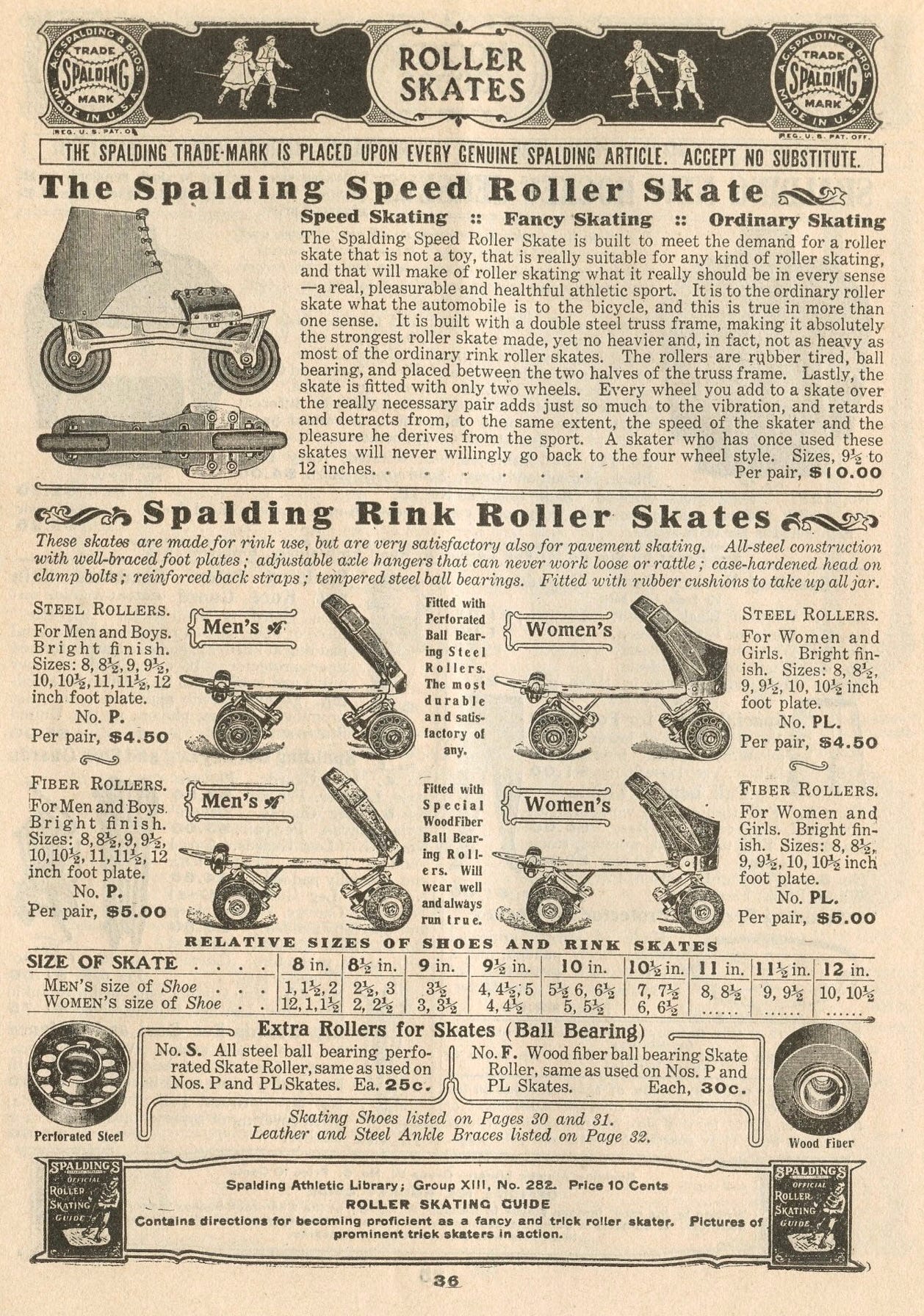Today's Tidbit... Goofy Equipment Used Outside of Football
Sometimes, when your favorite college football team suffers a beatdown on Saturday, Sunday becomes a day of rest, allowing one to focus on sports other than football. Yesterday was one of those Saturdays, so this is one of those Sundays.
Craftsmen made early sporting goods. The local tailor, cobbler, or harness maker produced one-off items that fit a need, and if they were well made and popular, they began specializing in those items. As the cottage industry shifted to manufacturers that sold nationwide, even globally, they took advantage of catalogs and general merchandise stores to market their wares.
For example, Lillywhite, one of the top makers of rugby balls in the United Kingdom, partnered with the Spalding brothers to sell Lillywhite balls in the U.S. The Spaldings soon on-shored the manufacturing of balls sold under their name, selling by catalog ten years before the birth of Sears, Roebuck and Co.
Sporting goods manufacturers have come and gone over the years, but many have left a trail of catalogs displaying their football and other sporting wares. Since I often make light of football equipment and training devices that never gained popularity, looking at goofy ideas from other sports seemed fun.
Whether due to weather conditions, time, or the neighborhood, we all occasionally find ourselves on a treadmill. The boys in 1891 faced similar conditions, so they used the running machine to work their legs and lungs with varying weights.
Who among us has not gotten lathered up by a good McCaffrey Striking Bag workout in the bedroom before enjoying a different form of exercise moments later.
Football was not the only sport whose players were unprotected by today's standards. Baseball catchers wore archaic masks and gloves that offered little protection, and most players did not wear gloves on the field.
Baseball gloves were made of leather in 1883 and still are. They could have made gloves with specs similar to today, but they didn't. In other cases, the manufacturers lacked the materials we have today. That was not the case for pole vaulters in 1905, who lacked the fiberglass and carbon fiber materials used to make poles today. Instead, they used poles made of spruce, including hollowed-out 16-foot poles. Spruce is light and strong, which made it the preferred structural material for WWI airplanes.
Speaking of airplanes, pilots and passengers sometimes had to jump from their planes, drifting to Earth via parachute. Similar logic led golfers to hit practice balls with parachutes attached, so the balls returned to Earth far closer than they might without parachutes.
The lower half of the page below shows the style of roller skates that were still around in the 1960s when you strapped your tennis shoes onto a set of wheels. The top part of the page is more interesting, which shows a similar set of strap-on skates in roller blade configuration, which I did not know existed until the late 1980s.
By 1900, basketball had eliminated peach baskets and switched to twine under the rim. Still, they kept the bottoms on nets until they realized they served no purpose.
In their early days, automobilists were considered sporting fellows who drove their open-air machines in all kinds of weather. A pair of mittens with a separate forefinger came in handy, particularly those with the gauntlet that covered the sleeve. Of course, in days of old when knights were bold, a knight "threw down his gauntlet" to challenge another knight to a duel. The challengee accepted or sealed the duel by picking up the gauntlet, and the duel soon went forward.
OK, enough of my post-beatdown mourning. My Wisconsin Badgers can look forward to a week's rest before facing #1 Oregon on the 16th.
Football Archaeology is reader-supported. Click here to buy one of my books or otherwise support the site.










Too funny!
Go Badgers!